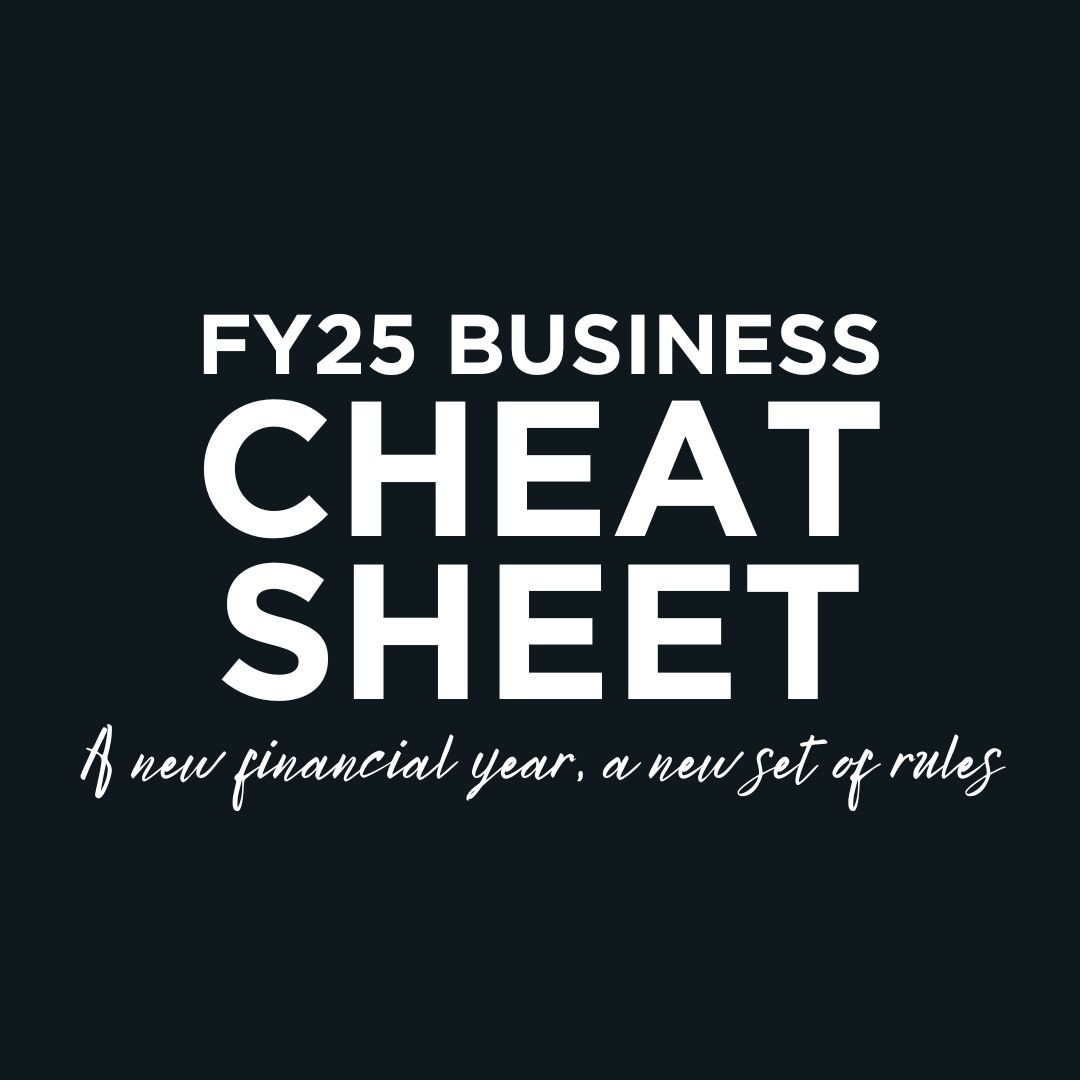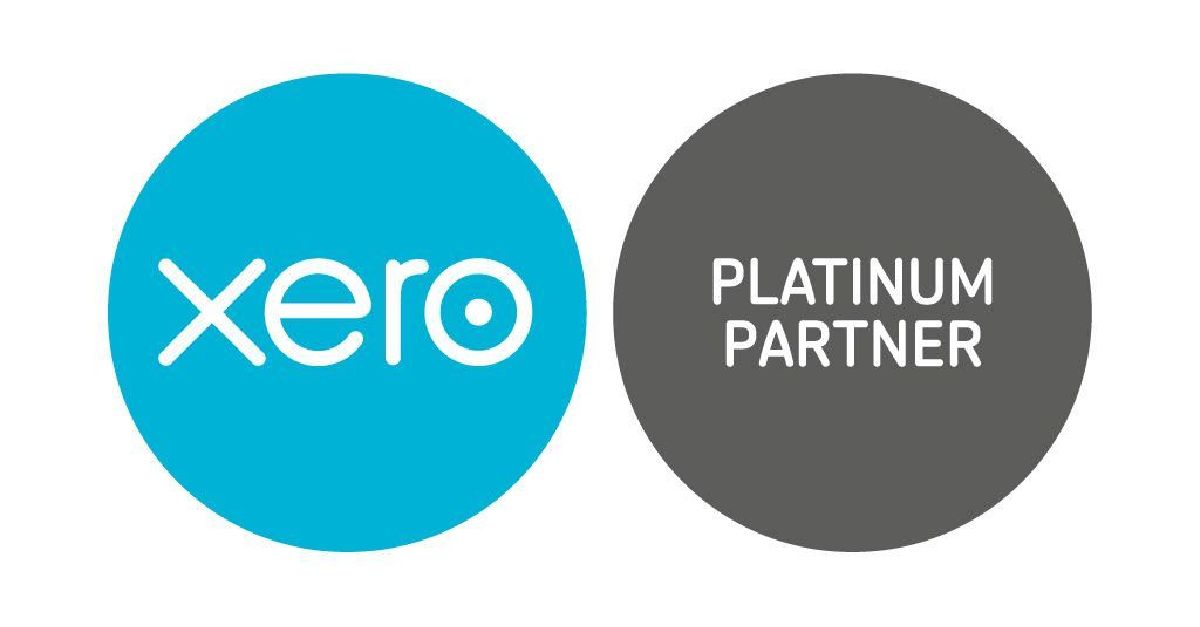FY25 BUSINESS CHEAT SHEET
A new financial year, a new set of rules.

As we enter the 2025–26 financial year, several important updates will take effect that could impact your business operations, cash flow, and compliance obligations. Here’s what you need to know to stay ahead.
The most significant change is the rise in the Superannuation Guarantee (SG) rate. From 1 July, employers will need to contribute 12% of employees’ ordinary time earnings to super. This increase applies to all payments made on or after 1 July, even if the pay period begins in June. It’s the final step in a long-planned series of increases and will now become the new standard. Super contributions must be paid on time and in full to the correct fund, with the next quarterly due date falling on 28 July 2025. If your payroll runs more frequently, you can align SG payments to that schedule for efficiency.
Also effective from 1 July is a 3.5% increase to the National Minimum Wage and minimum award wages, following the latest decision by the Fair Work Commission. The increase applies from the first full pay period on or after 1 July, so it’s crucial that employers review their payroll systems and ensure compliance with the updated rates. This change will directly affect many regional businesses and their staffing budgets, especially those operating in hospitality, retail, or care sectors.
Another key update involves the General Interest Charge (GIC) on unpaid tax debts. Currently, interest accrued on overdue ATO liabilities is tax-deductible. However, from 1 July 2025, that will change. Any GIC incurred after this date will no longer be deductible, increasing the financial cost of carrying tax debt. The current GIC rate is 11.17% and compounds daily, so the cost adds up quickly. If you're managing an existing debt, it may be worth clearing it before the end of June to maintain deductibility this financial year.
Depreciation limits for work vehicles are also changing. The maximum value you can use when calculating depreciation for a business-use vehicle is now capped at $69,674. If you're planning to upgrade a car or fleet, this cap will apply from 1 July.
On the energy front, small businesses can expect a modest bit of relief. An automatic $150 rebate will be applied to eligible electricity accounts, split into two instalments of $75 between July and December 2025. To qualify, the business must have an active ABN, be named on the electricity bill, and use under 100 megawatt hours annually. There’s no application process—if you’re eligible, it’ll happen automatically.
For businesses investing in solar energy, NSW is offering an extra incentive. If you install a solar battery and connect it to a Virtual Power Plant (VPP), you may be able to claim an additional rebate of up to $1,500. This is on top of federal rebates and can make a meaningful dent in your upfront costs while contributing to a more resilient energy grid.
If you made eligible purchases of energy-efficient equipment between 1 July 2023 and 30 June 2024, you may be entitled to a bonus tax deduction. Businesses with turnover under $50 million can claim an additional 20% deduction—up to a cap of $20,000—for energy-saving upgrades made during that time frame. If you’ve already made the purchases, now’s the time to ensure your accountant captures the full benefit in your 2024 return.
Finally, the instant asset write-off threshold will reduce dramatically. From 1 July 2025, it will revert to just $1,000 per asset. This follows a temporary boost to $20,000 that was in place from July 2023 to June 2025. If you’re planning any substantial equipment or asset purchases, it would be wise to make them before the financial year ends to take advantage of the higher threshold while it lasts.
This year’s changes touch nearly every corner of small business—wages, super, tax, energy, and investment. The more proactive you can be in the lead-up to 1 July, the smoother your transition will be. If you need help reviewing your obligations or planning smarter for the year ahead, our team is ready to help.











